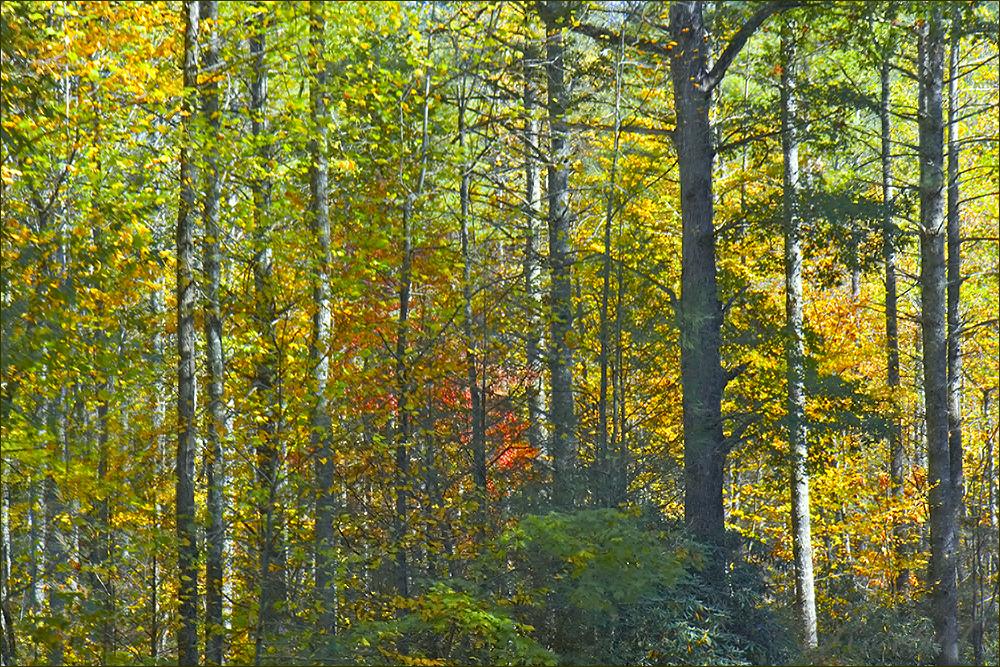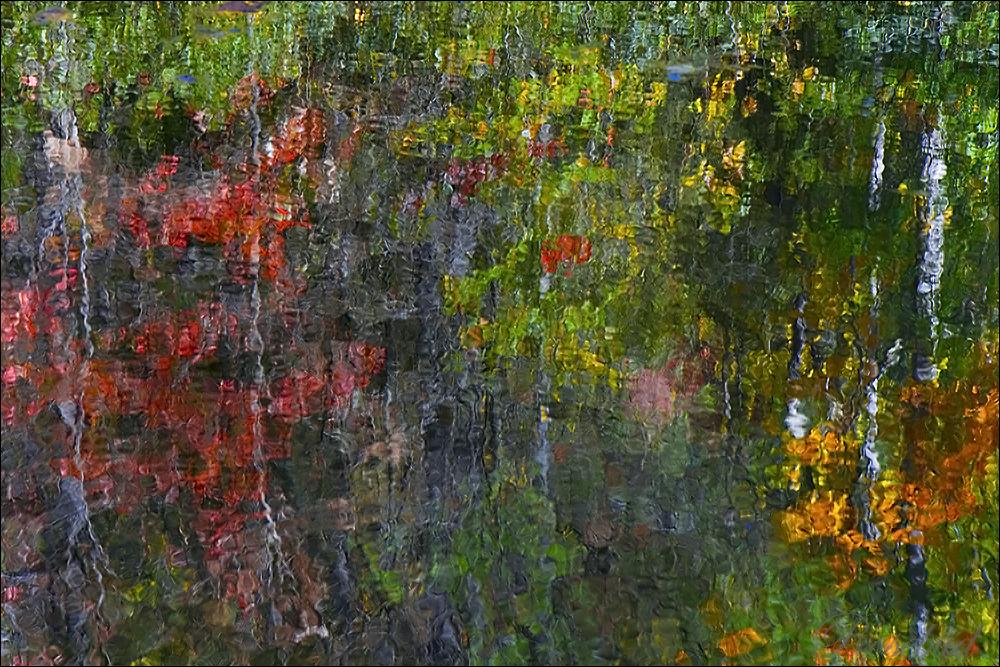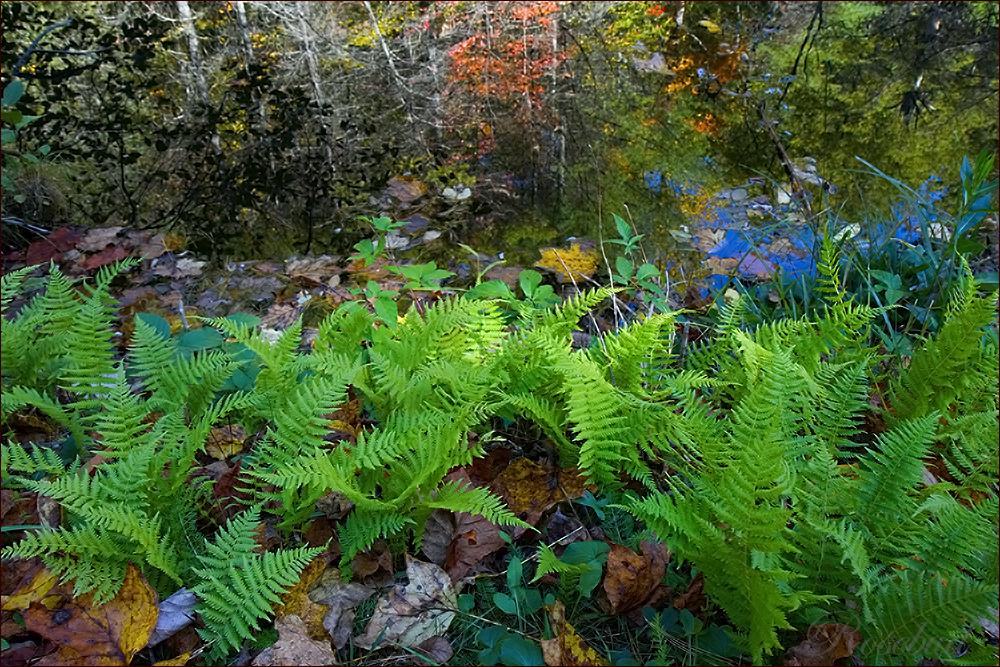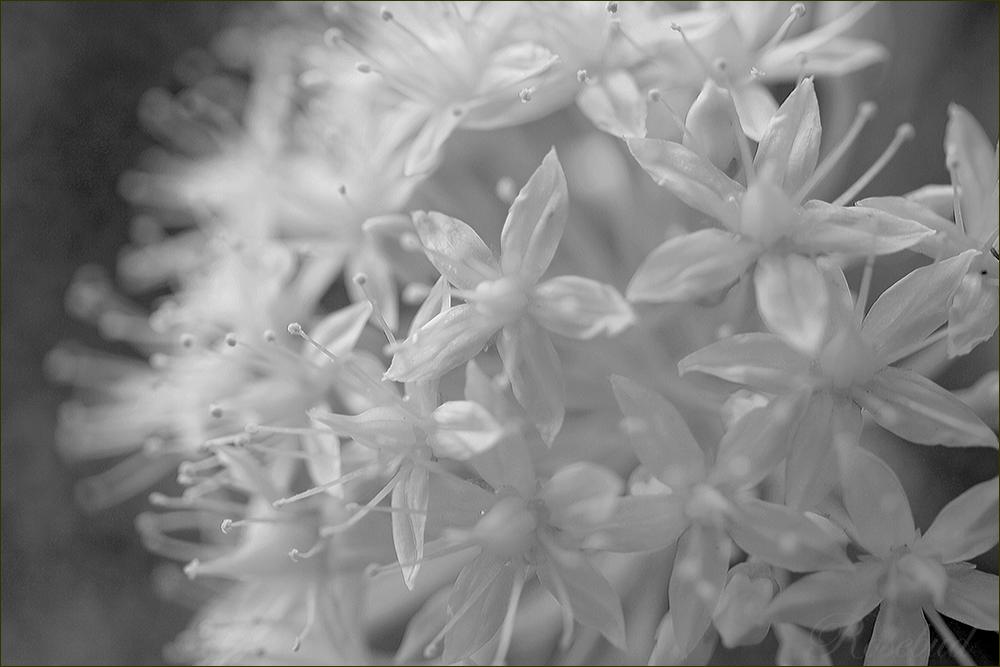Friday, October 31
track talk
'. . . But I'll tell you, Luśnia — here Wawera lowered his voice as if about to part with a secret — 'that there is also another thing that keeps me here. That it exists, I am sure, I can feel it deep in my breast. I just can't express it, can't put a name to it. But it's here, that thing, that strange reason.'
Luśnia was now looking at his friend with eyes wide open, his curiosity stirred.
'You mean now that it's not just this yearning-like for the trains?'
'No, no, that's something else. It's something that connects in me with that yearning but it exists beyond me, and without me, out of itself.'
'What's that, Wawera?'
'Shush. It's a secret. The secret of the dead run.'
They both fell silent, suddenly struck by a strange intangible fear, their eyes following the line into the already darkening mouth of the gully. In that bottomless silence of an August evening quiet but clear rustlings and murmurings began to waft towards them from the tracks: muffled lisps, fearful whispers, hollow knocks and clangs . . .
'Hear that?' the lineman broke the silence. 'Track talk . . .'
'Sure they often do of a summer evening. They shrink from the cold and so they clang.'
'Track talk,' repeated Wawera, ignoring the blacksmith's explanation. 'They talk in the evening, after the day's toil.'
'Track talk . . .' Luśnia echoed.
'Oh aye,' continued the lineman dreamily. 'Do you think they don't live like we humans do, like animals or trees?'
The blacksmith glanced at him quickly, surprised by the question.
'They do, Luśnia. They do. But they live their own lives, different to all the other creatures.'
That was a little too much for Luśnia's imagination. He looked at Wawera as at someone deranged, shook his head, spat from the corner of his mouth and moved a little to the right.
'And this line, do you think it doesn't live?' Wawera pressed on, goaded by Luśnia's passive resistance. 'And this gully, this station with the signal-box, this whole run?'
'It's a dead run,' dropped in Luśnia in a half-voice.
-- Stefan Grabiński "The Dead Run" (from In Sarah's House)
Tr. Wiesek Powaga
Stefan Grabiński
Posted by
rb
at
10/31/2008
![]()
Thursday, October 23
under a shine
Bottomless water, heart's glass.
Each year the autumn comes that was not supposed to be
Back in the garden without language,
Each year, dead leaves like words
falling about our shoulders,
Each year, same words, same flash and gold guise.
So be it. The Angel of the Serpent That Never Arrives
Never arrives, the gates stay shut
under a shine and a timelessness.
-- Charles Wright, lines from "Via Negativa"
Posted by
rb
at
10/23/2008
![]()
Monday, October 20
becoming
Let us begin with what we now call water. We see it, as we suppose, solidifying into stones and earth, and again dissolving and evaporating into wind and air; air by combustion becomes fire, and fire in turn when extinguished and condenses takes the form of air again; air contracts and condenses into cloud and mist, and these when still more closely compacted become running water, which again turns into earth and stones. There is in fact a process of cyclical transformation.
-- Plato Timaeus and Critias
Tr. Henry Desmond Pritchard Lee
Timaeus and Critias
Posted by
rb
at
10/20/2008
![]()
Friday, October 10
Oh Earth, Wait for Me
Return me, oh sun,
to my wild destiny,
rain of the ancient wood
bring me back the aroma and the swords
that fall from the sky,
the solitary peace of pasture and rock,
the damp at the river-margins,
the smell of the larch tree,
the wind alive like a heart
beating in the crowded reslessness
of the towering araucaria.
Earth, give me back your pure gifts,
the towers of silence which rose
from the solemnity of their roots.
I want to go back to being what I have not been,
and learn to go back from such deeps
that amongst all natural things
I could live or not live; it does not matter
to be one stone more, the dark stone,
the pure stone which the river bears away.
-- Pablo Neruda
Posted by
rb
at
10/10/2008
![]()
Tuesday, October 7
two paths
Because the digging of the swimming hole was moving so fast and changes would be expensive, Maggie concentrated on shaping the water while I designed the Snail Mound. I had to give it this common name in order to communicate an unambiguous shape to Hastings' men, and to distinguish it from other shapes on which I would soon be working. The "Snail" drawings and models showed a double-curved ascent, two paths that only meet at the top and that lie at an angle.
In my mind were several different ideas . . . I thought of the most important shape behind life, the double helix of DNA. This has two spirals of ascent and they reminded me in turn of a utopian design of 1919 that had a diminishing spiral: Tatlin's tower. A wonderful quality of this is the way it illustrates the dance of history's surprising dialectic; it often proceeds in a counter rhythm, as two steps forward one step back, a progress in fits and starts, an ascent that has descent built into it. Another idea in the back of my mind was the 16th-century spiral stairway at Chambord which the French king, François I, had designed so that if he saw an unwelcome guest coming up one way, he could escape down the other. I would not understand the beauty of this until much later, when the mound was used in a way I had not foreseen: during a memorial service it separated those going up with flowers from those coming down empty handed.
-- Charles Jencks The Garden of Cosmic Speculation
The Garden of Cosmic Speculation
more pictures
Composer Michael Gandolfi on The Garden of Cosmic Speculation (interviewed by conductor Robert Spano)
Posted by
rb
at
10/07/2008
![]()



